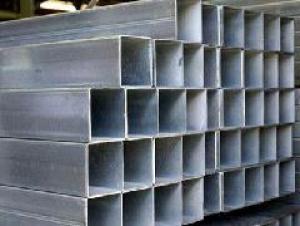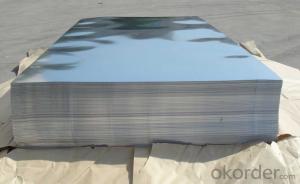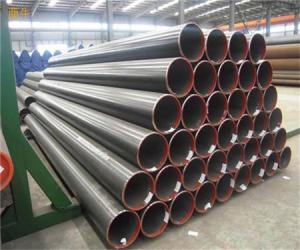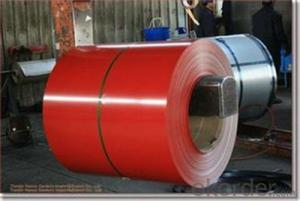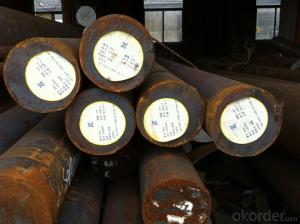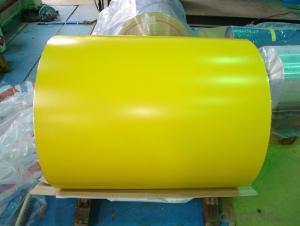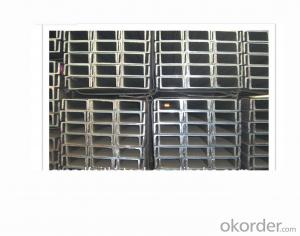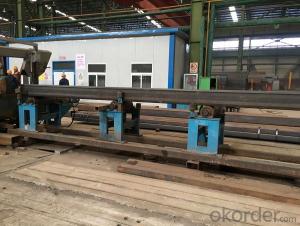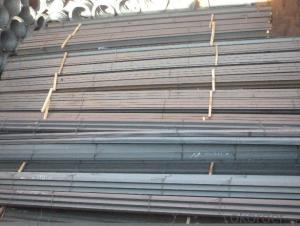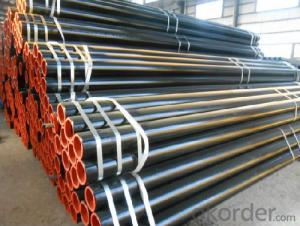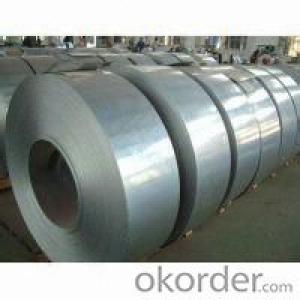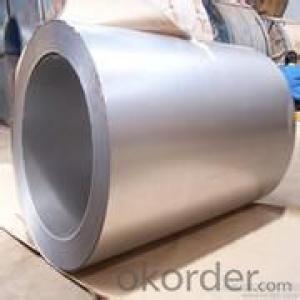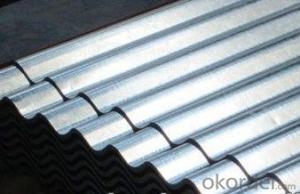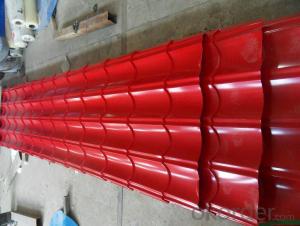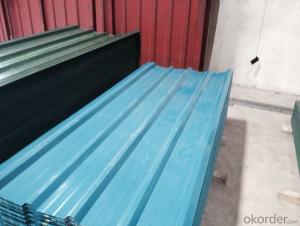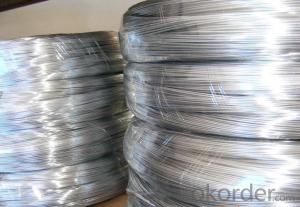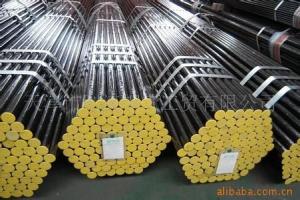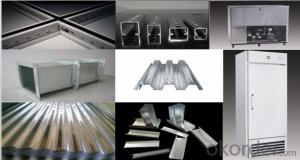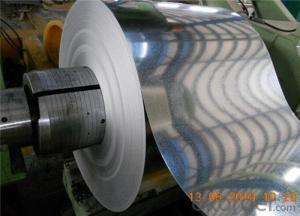All Categories
- - Steel Wire Rod
- - Steel Coils
- - Steel Profiles
- - Steel Pipes
- - Stainless Steel
- - Tinplate
- - Special Steel
- - Steel Sheets
- - Steel Rebars
- - Steel Strips
- - Hot Rolled Steel
- - Cold Rolled Steel
- - Pre-painted Steel
- - Seamless Steel Pipe
- - Welded Steel Pipe
- - Hollow Steel Tubes
- - Galvanized Pipe
- - Stainless Steel Coil
- - Stainless Steel Sheet
- - Stainless Steel Plate
- - Stainless Steel Strips
- - Electrolytic Tinplate Coil
- - Electrolytic Tinplate Sheet
- - Stainless Steel Rebars
- - Solar Panels
- - Solar Water Heater
- - Solar Related Products
- - Solar Inverter
- - Solar Cells
- - Solar Light
- - Solar Energy Systems
- - Solar Controllers
- - Solar Mounting System
- - Solar Pump
- - Solar Chargers
- - Fiberglass Chopped Strand
- - Fiberglass Mesh Cloth
- - Composite Pipes
- - FRP Pultrusion Profiles
- - Fiberglass Mat Tissue
- - Fiberglass Fabrics
- - Fiberglass Mesh
- - Composite Tank
- - Fiberglass Mesh tape
- - Polymer
- - FRP Roofing Panel
- - Fiberglass Roving
- - Monolithic Refractories
- - Ceramic Fiber Products
- - Refractory Bricks
- - Raw Materials For Refractory
- - Suspended Platform
- - Cranes
- - Concrete Machinery
- - Earthmoving Machinery
- - Building Hoist
- - Road Building Machinery
- - Plastic Pipe Fittings
- - Plastic Tubes
- - Plastic Sheets
- - Agricultural Plastic Products
- - Plastic Nets
 All Categories
All Categories
Q & A
What are the primary quality control measures in the production of cold-rolled steel?
The primary quality control measures in the production of cold-rolled steel include rigorous inspection of raw materials, thorough monitoring of process parameters, regular testing of mechanical properties, dimensional accuracy checks, surface quality assessments, and adherence to industry standards and specifications. Additionally, visual inspections, non-destructive testing, and statistical analysis are often employed to ensure consistent quality throughout the production process.
What are the typical methods for heat treating cold-rolled steel?
The typical methods for heat treating cold-rolled steel include annealing, quenching, and tempering. Annealing involves heating the steel to a specific temperature and then slowly cooling it, which helps to relieve internal stresses and improve its ductility. Quenching is a process where the steel is rapidly cooled by immersing it in a liquid or using forced air, creating a hardened and brittle structure. To reduce the brittleness and enhance toughness, tempering is performed by reheating the quenched steel to a lower temperature and then allowing it to cool gradually. These methods help optimize the mechanical properties of cold-rolled steel for specific applications.
What role does cold-rolled steel play in the agricultural and farming equipment industry?
Cold-rolled steel plays a significant role in the agricultural and farming equipment industry as it is known for its strength, durability, and versatility. It is commonly used in the manufacturing of various farming equipment such as tractors, plows, harvesters, and irrigation systems. The cold-rolling process enhances the steel's mechanical properties, making it resistant to wear, corrosion, and extreme weather conditions, which are vital characteristics for agricultural equipment that operates in challenging environments. Additionally, cold-rolled steel's malleability allows for the fabrication of complex shapes and structures, enabling the production of efficient and reliable farming machinery. Overall, cold-rolled steel is a crucial material in the agricultural industry, contributing to the development of robust and efficient farming equipment.
Wholesale Cold Rolled Steel from supplier in Russia
Whether you require Cold Rolled Steel for construction, automotive, or other industrial applications, we can cater to your specific needs. Our team of experts is well-versed in the Russian market and can provide you with accurate and timely quotations for your Cold Rolled Steel requirements.
In addition to sales and quotations, we also offer technical support services to assist you in selecting the right Cold Rolled Steel products for your projects. Our knowledgeable team can provide guidance on material specifications, grades, and applications to ensure optimal performance and cost-effectiveness.
As a subsidiary platform of CNBM, a Fortune Global 500 company, we have access to a vast network of suppliers and resources. This enables us to offer competitive pricing and reliable supply chain management for your Cold Rolled Steel procurement needs in Russia.
We take pride in our extensive range of Cold Rolled Steel products, which includes various thicknesses, widths, and finishes to meet diverse customer requirements. Whether you need Cold Rolled Steel coils, sheets, or specific customized products, we can source and deliver them to you efficiently.
With years of experience in the Russian market, we have built strong relationships with local suppliers and manufacturers, ensuring that we can provide you with high-quality Cold Rolled Steel products that meet international standards.
At CNBM, we are committed to delivering excellent customer service and building long-term partnerships with our clients. We understand the importance of reliable and timely deliveries, competitive pricing, and technical expertise. Trust us to be your trusted partner for all your Cold Rolled Steel procurement needs in Russia.
In addition to sales and quotations, we also offer technical support services to assist you in selecting the right Cold Rolled Steel products for your projects. Our knowledgeable team can provide guidance on material specifications, grades, and applications to ensure optimal performance and cost-effectiveness.
As a subsidiary platform of CNBM, a Fortune Global 500 company, we have access to a vast network of suppliers and resources. This enables us to offer competitive pricing and reliable supply chain management for your Cold Rolled Steel procurement needs in Russia.
We take pride in our extensive range of Cold Rolled Steel products, which includes various thicknesses, widths, and finishes to meet diverse customer requirements. Whether you need Cold Rolled Steel coils, sheets, or specific customized products, we can source and deliver them to you efficiently.
With years of experience in the Russian market, we have built strong relationships with local suppliers and manufacturers, ensuring that we can provide you with high-quality Cold Rolled Steel products that meet international standards.
At CNBM, we are committed to delivering excellent customer service and building long-term partnerships with our clients. We understand the importance of reliable and timely deliveries, competitive pricing, and technical expertise. Trust us to be your trusted partner for all your Cold Rolled Steel procurement needs in Russia.
